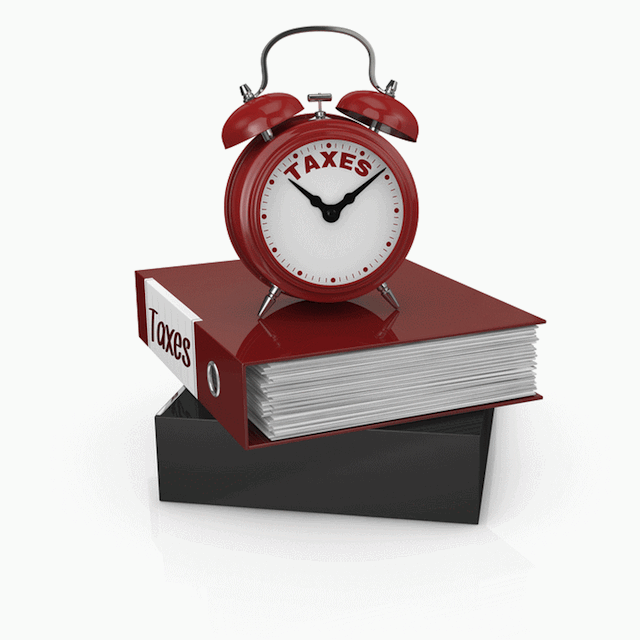
Expat Tax | Taxes For Expats in the Netherlands
As with most countries in the world, tax is an important personal consideration that you must get right in the Netherlands in order to avoid unnecessary financial penalties.
But, one of the best incentives to properly investigate and organize your tax is that proper tax management can minimize the amount of tax that you are required to pay, and maximize your disposable income. This means that you will have more money to spend on the things that you enjoy.
First things first; as an expat in the Netherlands you will most likely be subject to income tax. As an an employee, your employer will deduct tax from source and the wages you receive in your bank will be net of wage tax. At the end of the year, you will need to file an income tax return to report the amount of tax that is due, and this should be completed three months after the calendar year end.
The first bit of good news is however that as an employee you may be able to benefit from the Dutch 30% facility which is where employers are allowed to pay you 30% of your salary tax free to cover additional costs which are unique to expats which are known as extraterritorial expenses. However, you need to meet certain conditions to qualify for the 30% facility. Such conditions are that you must possess a skill that is considered to be scarce in Holland in order to qualify.
As an added bonus, if you qualify for the 30% ruling, then your savings and investments are not subject to income tax, but, if you don't qualify then tax will be due on your savings and investments.
Tax is a complicated area and it may be worth discussing your tax arrangements with a specialist adviser, and we provide a directory of expat tax advisors in the Netherlands, which you can find here.
Expattax
Copywrite Together Abroad
